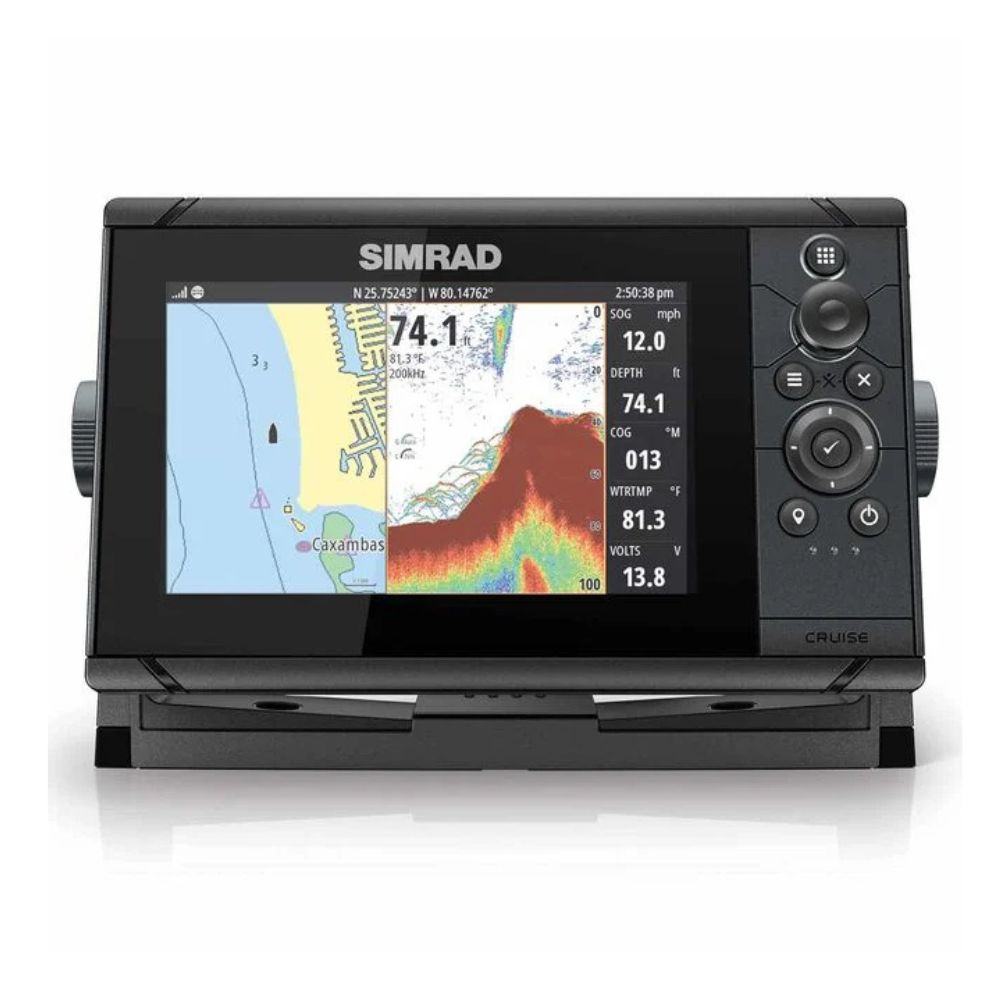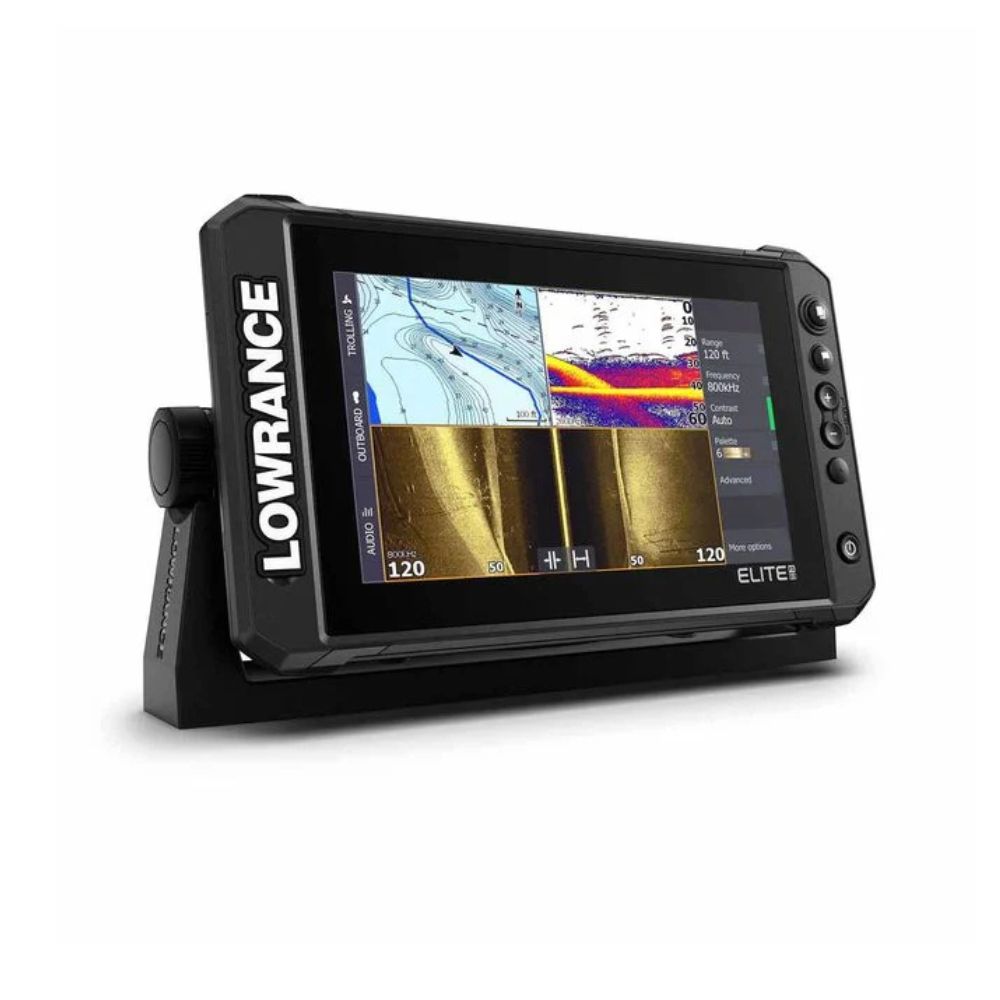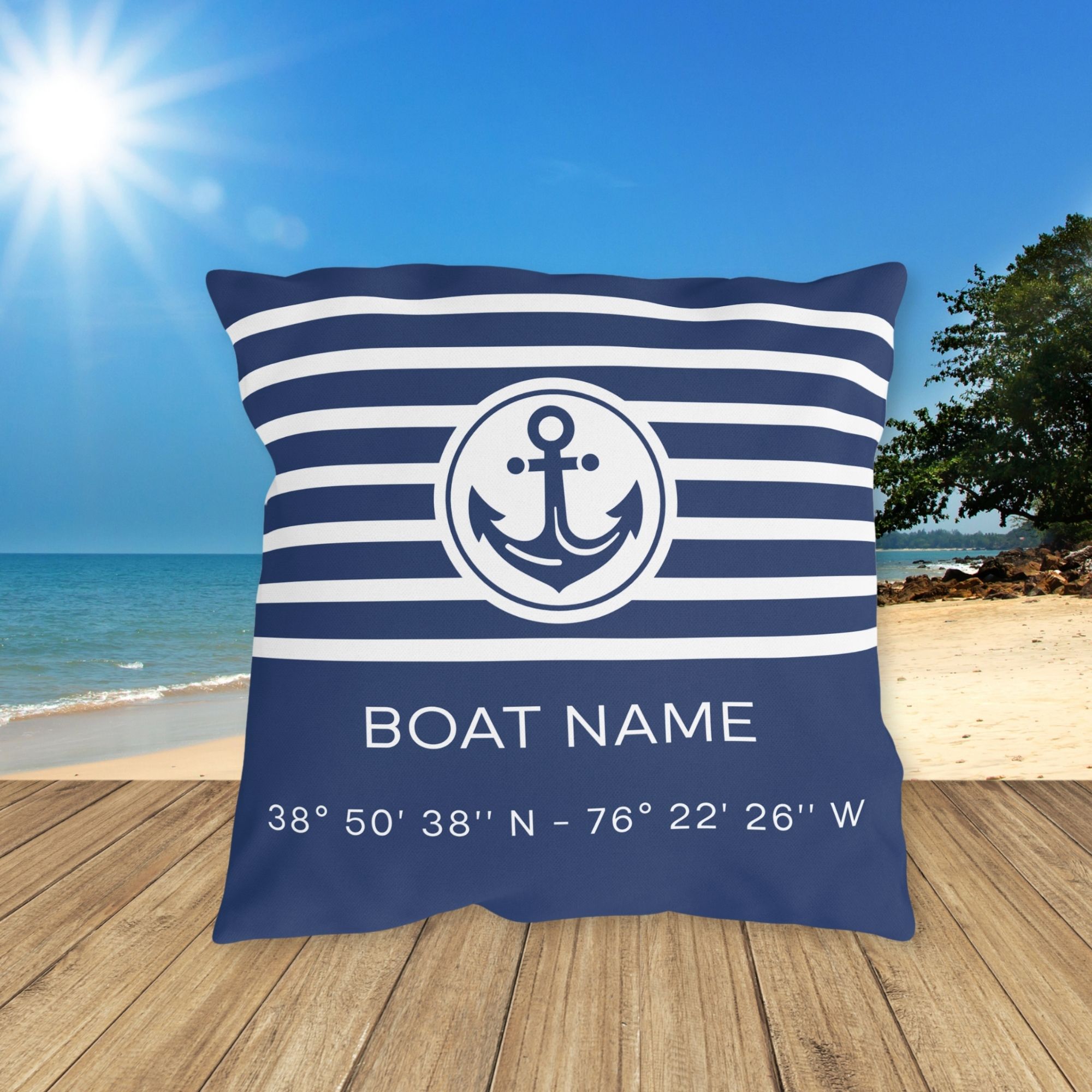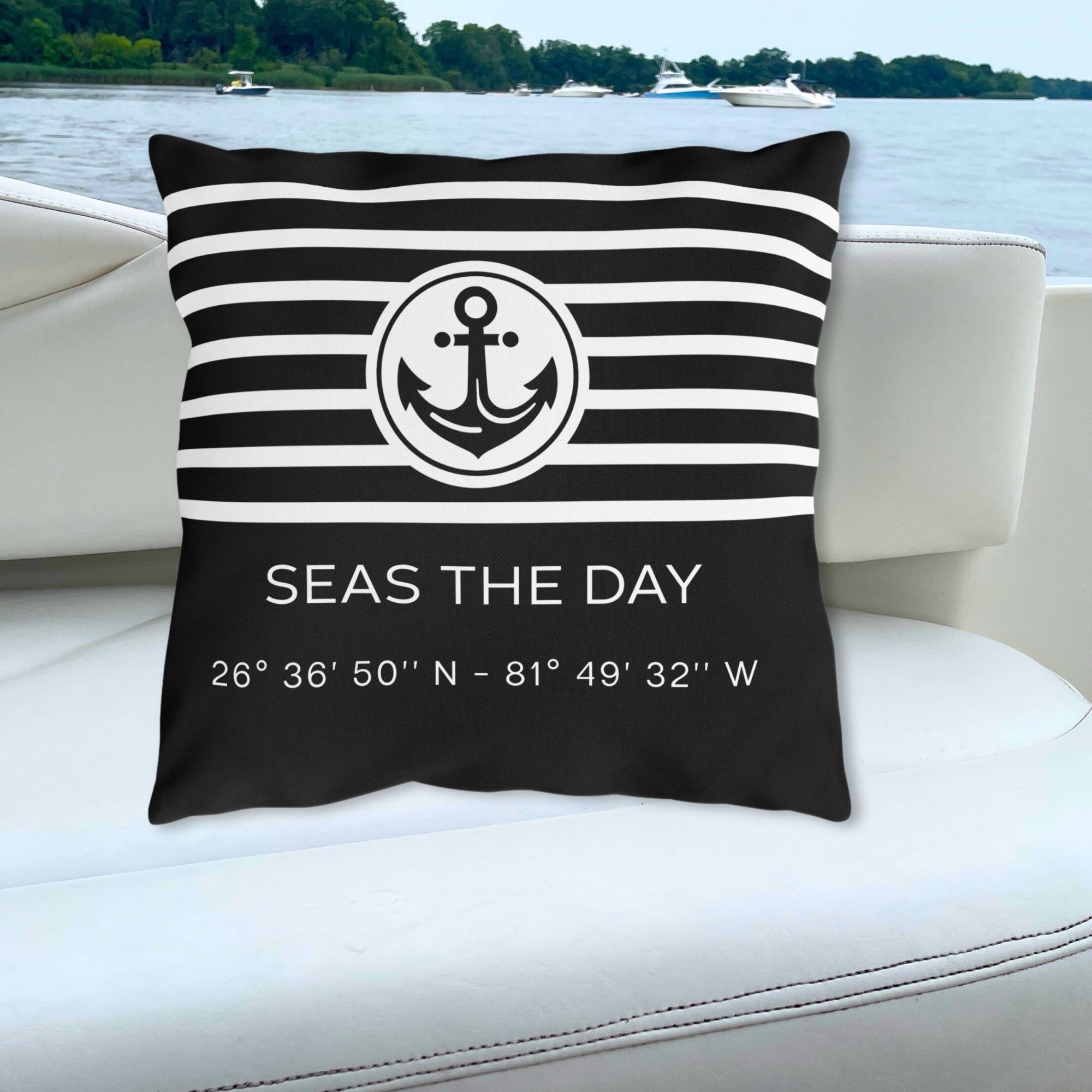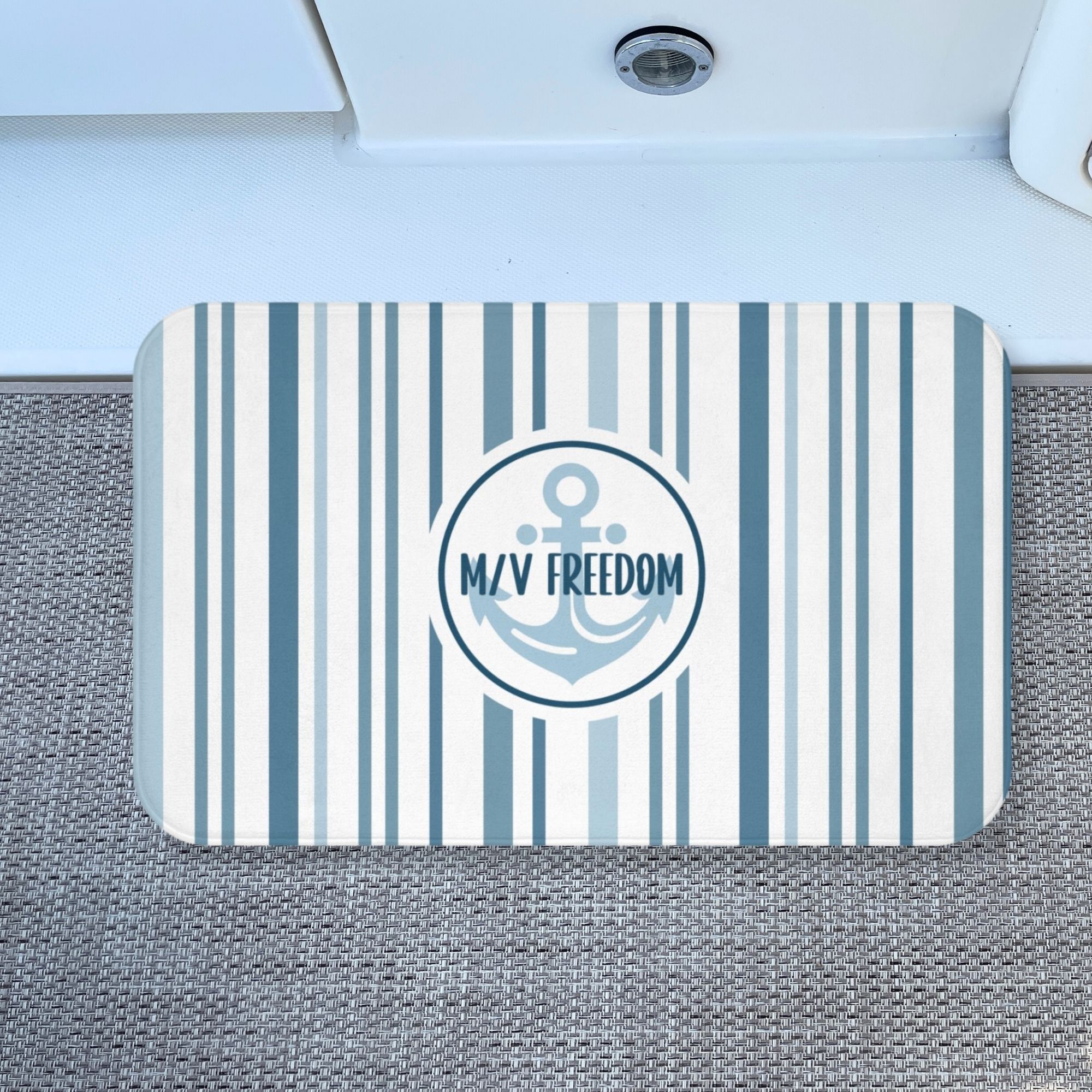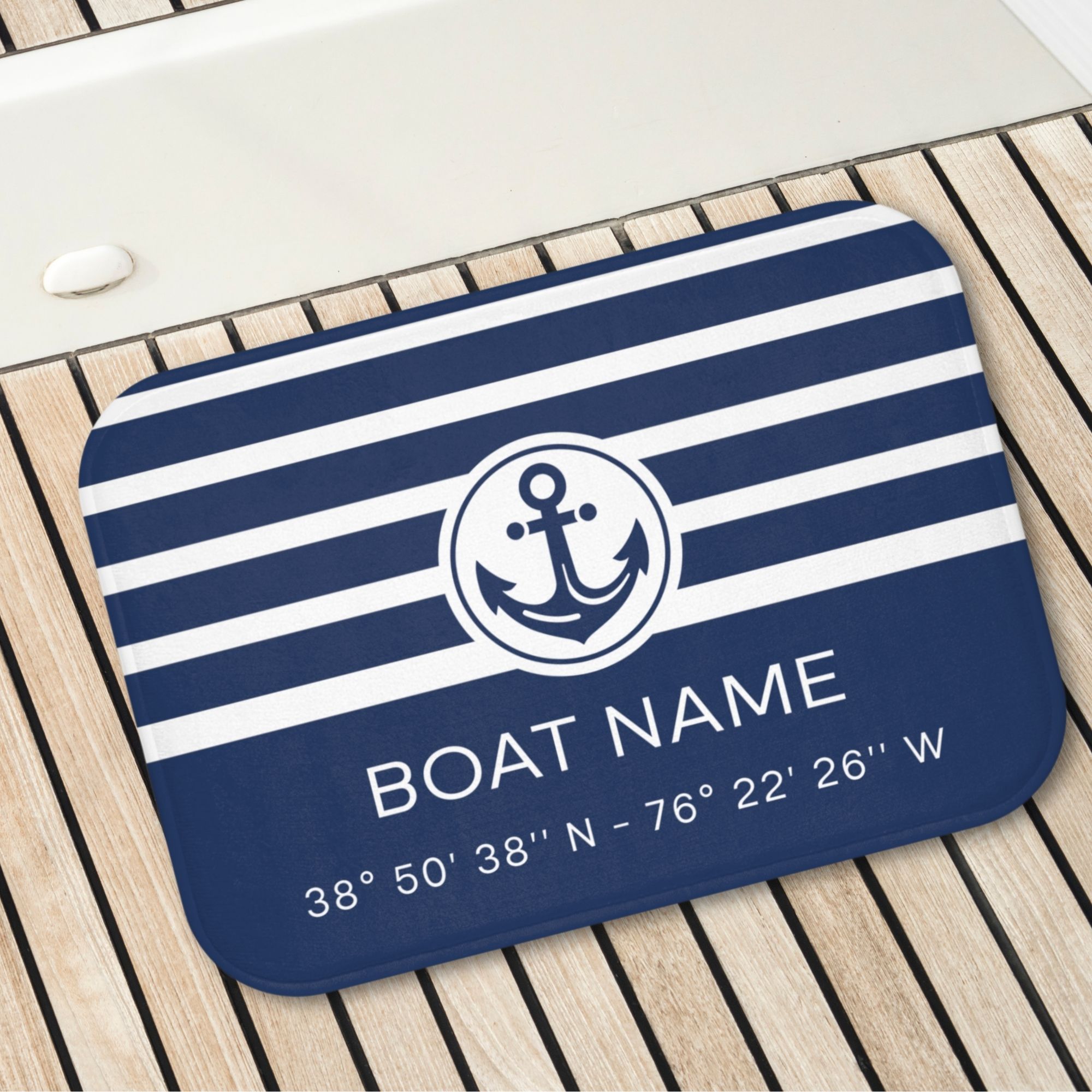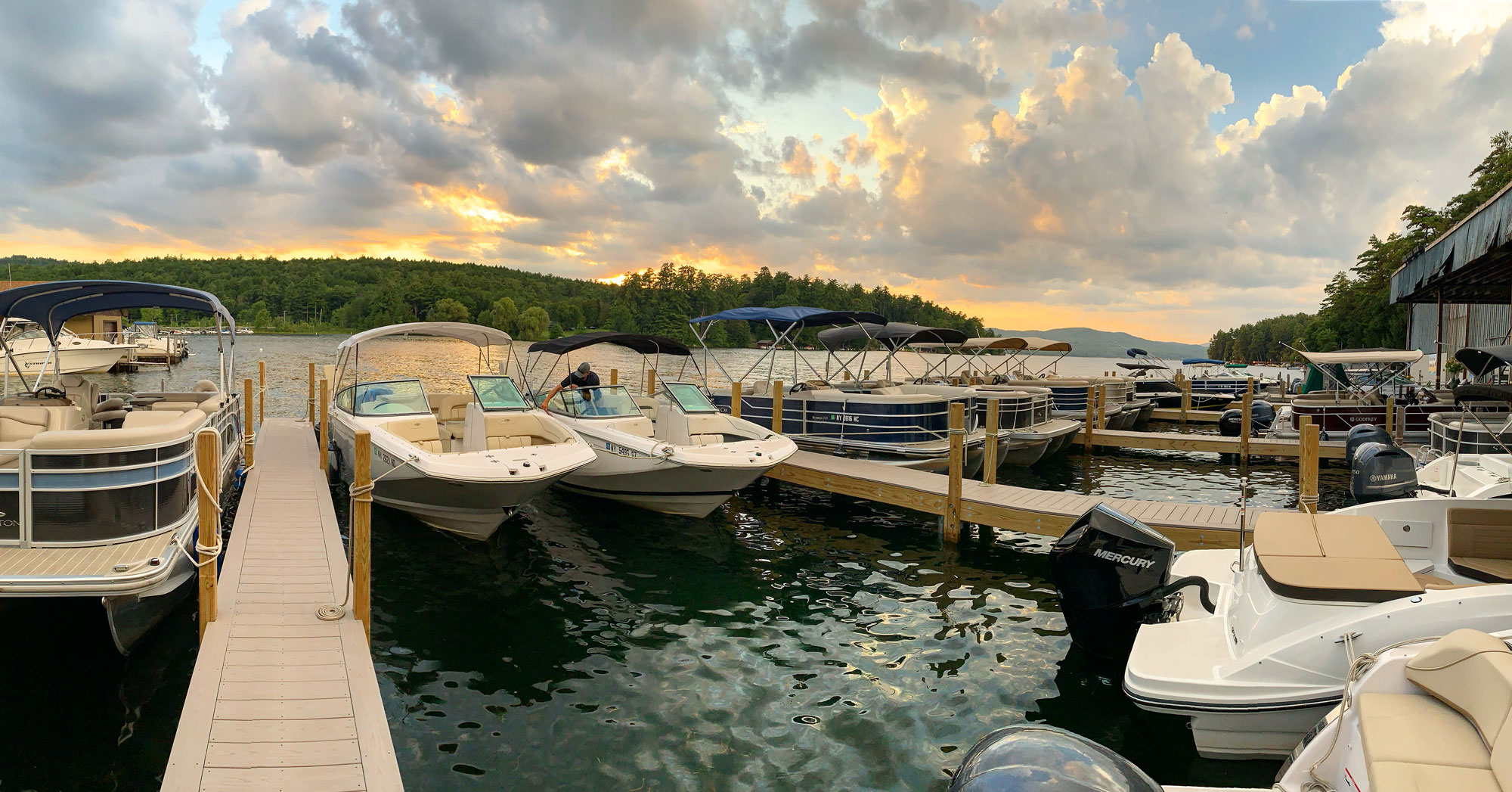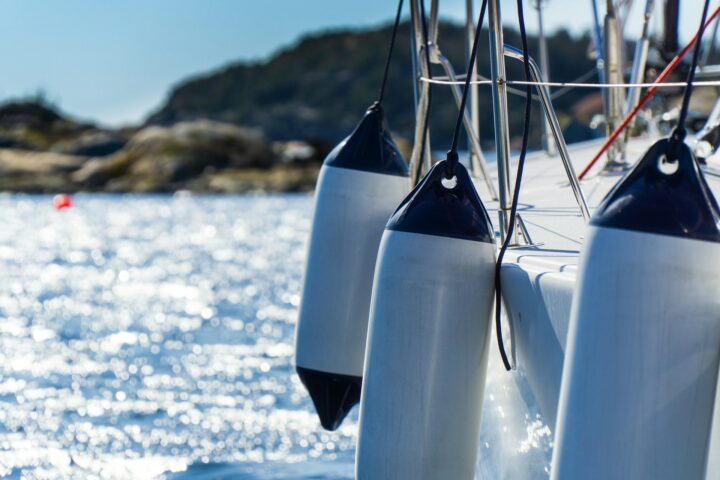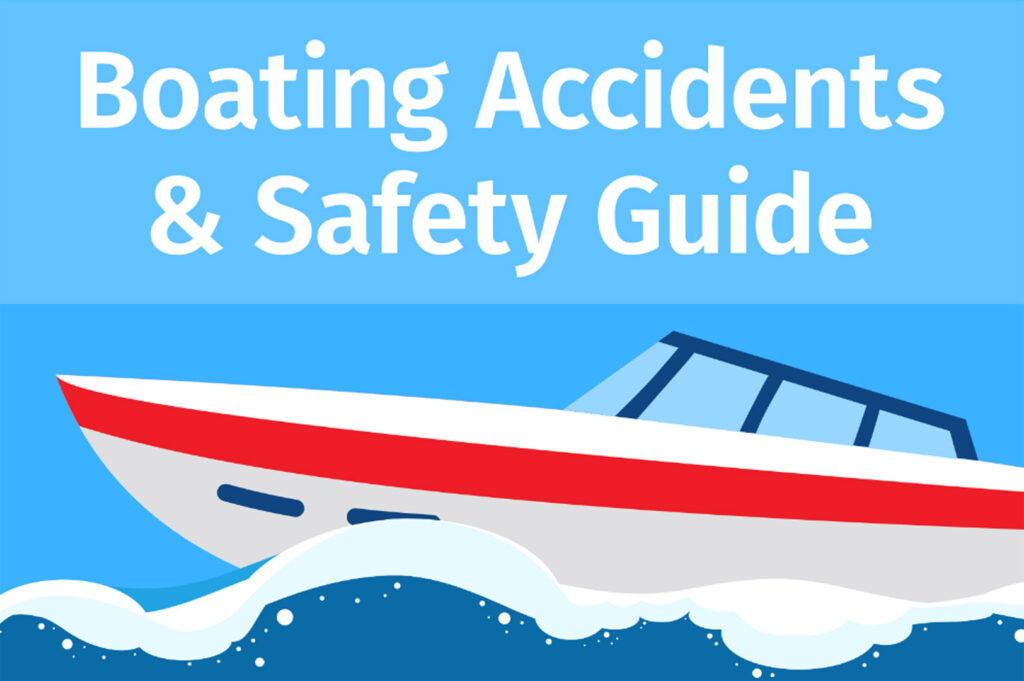
As the allure of open waters beckons, ensuring boating safety becomes paramount to protect precious lives and preserve cherished moments. In 2022 alone, boating accidents claimed the lives of 658 individuals and left 2,641 injured—a sobering reminder of the importance of vigilance and preparedness on the water. Read on to learn more about boating safety tips from Veteran Car Donations.
Understanding the Risks:
Tragically, many boating accidents result in fatalities due to drowning, with statistics revealing that 86% of drowning victims were not wearing a life jacket. The primary contributing factors to these accidents include operator inattention, inexperience, improper lookout, excessive speed, and machine failure. Alarmingly, alcohol consumption remains the leading known factor in fatal boating accidents, underscoring the critical need for sobriety or safe consumption at sea. Additionally, weather conditions and passenger recklessness can exacerbate the risk of accidents.
Mitigating Risks Through Preparedness:
To navigate safe waters, boaters must prioritize preparedness and adherence to safety protocols. Regular boat maintenance is imperative, encompassing tasks such as checking propellers for damage or debris, inspecting fuel lines and engine components, and ensuring the integrity of lifelines and safety rails. Before setting sail, thorough weather checks and the formulation of a safety plan in anticipation of changing conditions are essential. At the first sign of inclement weather, heading for shore is a prudent course of action to avert potential hazards.
Equipping Your Vessel for Safety:
A well-equipped vessel serves as a crucial line of defense against unforeseen dangers. Mandatory safety equipment includes fitted life jackets for all passengers, a fire extinguisher, navigation lights for visibility, and signaling devices such as a whistle, siren, or bell to attract attention in emergencies. Additionally, essential items like flashlights or flares, a paddle and anchor with rope, a first-aid kit, and duct tape can prove invaluable in addressing unforeseen challenges.
Practicing Safe Navigation:
Maintaining a safe speed, exercising vigilance, and adhering to boating rules and etiquette are fundamental tenets of safe navigation. By respecting designated speed limits, staying alert to surrounding vessels and obstacles, and yielding right of way when necessary, boaters can mitigate the risk of accidents and foster a culture of safety on the waterways.
In conclusion, boating safety is a collective responsibility that demands unwavering commitment to preparedness, caution, and adherence to regulations. By prioritizing safety measures, equipping vessels with essential gear, and practicing responsible navigation, boaters can safeguard lives, protect against injuries, and ensure memorable journeys on the water.
Trending Now: Must-Have Boat Gear for Your Boat Life
Trending Now: Custom Boat Decor
-
Boat Pillow with Boat Name & LAT LONG Coordinates
Quick ViewBuy on Etsy -
Boat Pillow with Boat Name & LAT LONG Coordinates- Black
Quick ViewBuy on Etsy -
Coastal Blue Stripes Bathmat with Anchor & Boat Name
Quick ViewBuy on Etsy -
Custom Boat Mat with Boat Name & LAT LONG Coordinates
Quick ViewBuy on Etsy
Disclosure: This site may contain links affiliated with companies where we receive compensation. Also, as an Amazon Associate we may earn from qualifying purchases we refer but it does not impact the price you pay. Full disclosure policy.



